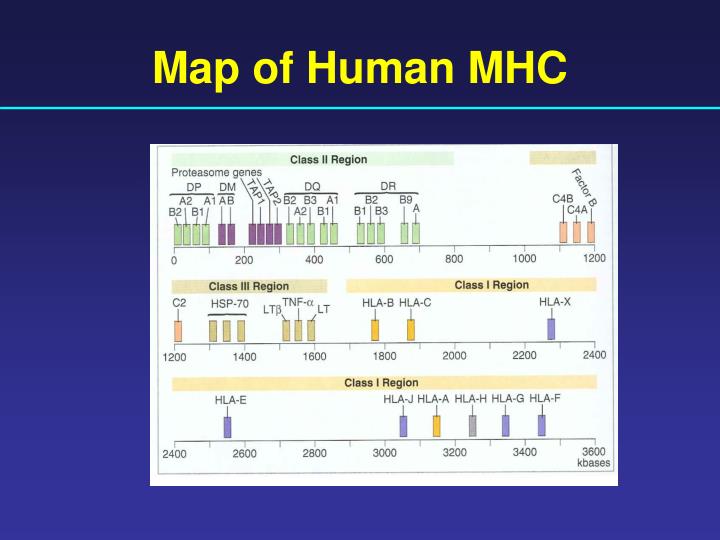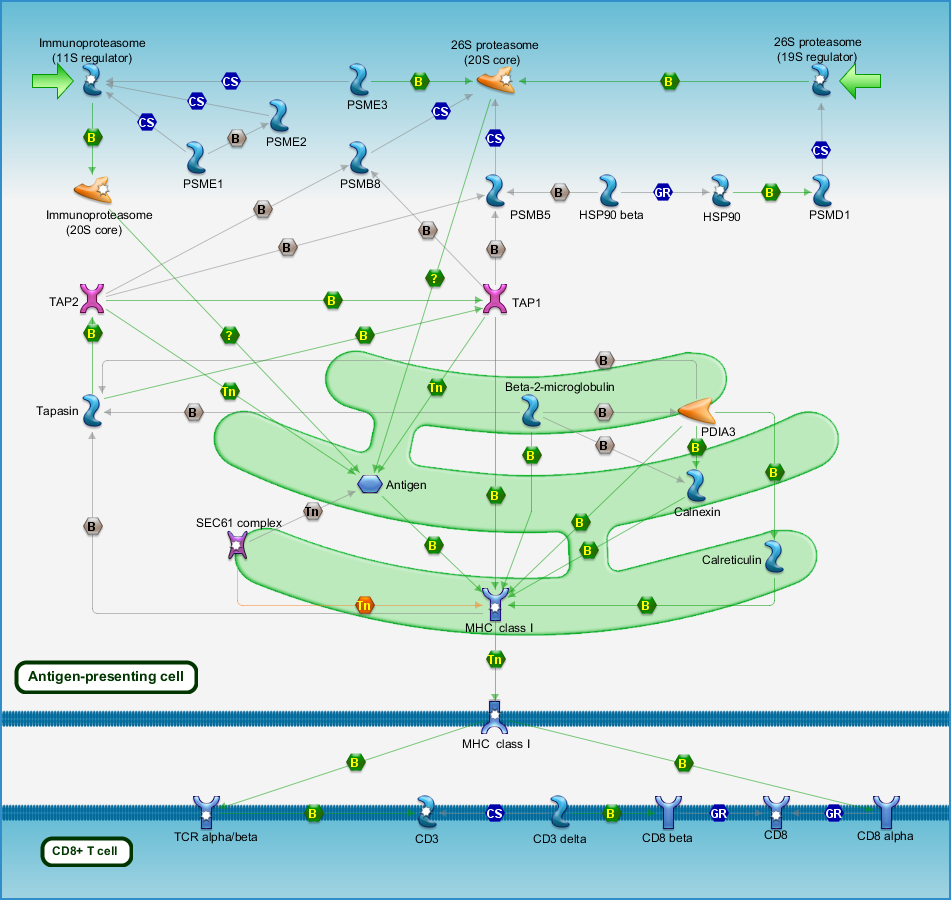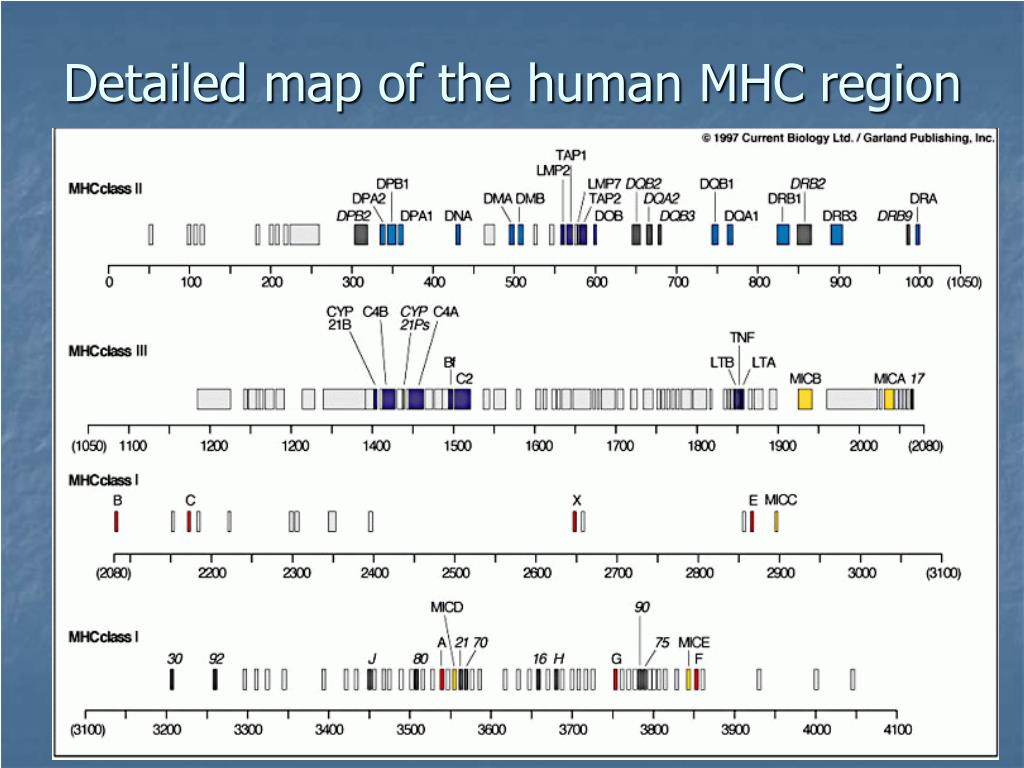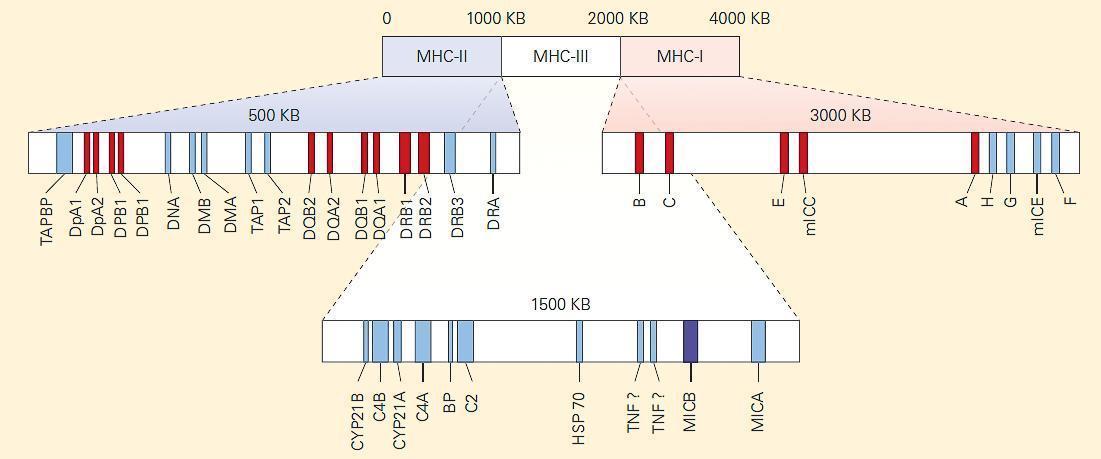Understanding The MHC Map: A Comprehensive Guide To Your Immune System’s Blueprint
Understanding the MHC Map: A Comprehensive Guide to Your Immune System’s Blueprint
Related Articles: Understanding the MHC Map: A Comprehensive Guide to Your Immune System’s Blueprint
Introduction
In this auspicious occasion, we are delighted to delve into the intriguing topic related to Understanding the MHC Map: A Comprehensive Guide to Your Immune System’s Blueprint. Let’s weave interesting information and offer fresh perspectives to the readers.
Table of Content
Understanding the MHC Map: A Comprehensive Guide to Your Immune System’s Blueprint

The Major Histocompatibility Complex (MHC) is a crucial part of our immune system, playing a vital role in recognizing and responding to foreign invaders like viruses, bacteria, and parasites. The MHC map, a visual representation of the MHC genes, provides a detailed blueprint of this complex system, offering valuable insights into our immune capabilities and predispositions.
Delving into the MHC: A Foundation for Understanding
The MHC, also known as the HLA (Human Leukocyte Antigen) complex in humans, is a cluster of genes located on chromosome 6. These genes encode for proteins that present fragments of foreign antigens to immune cells, triggering an immune response. The MHC is highly diverse, with numerous variations existing within the population. This diversity is crucial for the immune system’s ability to recognize and fight off a wide range of pathogens.
The MHC Map: A Visual Representation of Immune Diversity
The MHC map is a visual representation of the MHC genes and their variations. It serves as a powerful tool for understanding individual and population-level immune diversity. The map typically displays the different alleles (variations) of each MHC gene, highlighting their frequencies within a population or individual. This information is crucial for several applications, including:
- Immunogenetics: Understanding the genetic basis of immune responses and identifying individuals with specific immune profiles.
- Transplantation: Matching donor and recipient MHC profiles to minimize the risk of rejection.
- Disease susceptibility: Identifying individuals at higher risk for specific diseases based on their MHC profile.
- Evolutionary biology: Studying the evolution of the immune system and its adaptation to different environments.
Understanding the MHC Map: Key Concepts
To effectively interpret the MHC map, understanding key concepts is essential:
- Alleles: Variations of a gene. Each MHC gene has numerous alleles, contributing to the diversity of the MHC.
- Haplotypes: Combinations of alleles inherited from each parent. Individuals inherit one haplotype from their mother and one from their father.
- Genotype: The specific combination of alleles an individual possesses.
- Phenotype: The observable characteristics resulting from the genotype, including the specific proteins produced by the MHC genes.
Benefits of the MHC Map: Unveiling Immune Secrets
The MHC map offers numerous benefits, providing valuable insights into various aspects of immune function and disease susceptibility. These benefits include:
- Personalized Medicine: Tailoring treatment strategies based on individual MHC profiles. For example, understanding an individual’s MHC genotype can help predict their response to specific medications or vaccines.
- Disease Prediction: Identifying individuals at higher risk for certain diseases based on their MHC profile. This allows for early intervention and preventive measures.
- Drug Development: Identifying potential drug targets based on MHC-associated pathways. This can lead to the development of more targeted and effective therapies.
- Population Studies: Understanding the genetic basis of immune responses and how they vary across populations. This information is crucial for developing effective public health strategies.
FAQs about the MHC Map:
1. How can I access my MHC map?
Your MHC map can be accessed through genetic testing. Many companies offer comprehensive genetic tests that include MHC profiling.
2. What does my MHC map tell me about my health?
Your MHC map can provide valuable information about your immune system, including your susceptibility to certain diseases and your response to specific medications or vaccines.
3. Can my MHC map be used to predict my lifespan?
While the MHC plays a crucial role in immune function and disease susceptibility, it is not a direct predictor of lifespan. Numerous factors contribute to longevity, including lifestyle choices, environmental factors, and overall health.
4. Can my MHC map be used to determine my ethnicity?
The MHC is highly diverse, and certain alleles are more common in specific populations. However, using the MHC map to determine ethnicity is not accurate or reliable.
5. How often should I get my MHC map tested?
There is no set frequency for MHC testing. It is typically recommended for individuals with a family history of autoimmune disorders or those considering organ transplantation.
Tips for Utilizing the MHC Map:
- Consult with a healthcare professional: Discuss your MHC map results with a qualified healthcare professional to receive personalized advice and guidance.
- Understand your risk factors: Use your MHC map to identify potential health risks and take proactive steps to manage them.
- Make informed decisions about medication and vaccines: Consider your MHC profile when making decisions about medication and vaccinations.
- Participate in research studies: Contribute to the advancement of knowledge about the MHC by participating in research studies.
Conclusion: The MHC Map – A Key to Understanding Immune Function
The MHC map is a powerful tool for understanding the intricate workings of the immune system. It provides valuable insights into individual and population-level immune diversity, enabling personalized healthcare strategies, disease prediction, and drug development. By harnessing the information provided by the MHC map, we can unlock the secrets of our immune system and pave the way for a healthier future.






![[PDF] Towards a systems understanding of MHC class I and MHC class II](https://d3i71xaburhd42.cloudfront.net/51a3055d0d2de24db9eb743a0aafad292f8f4cf7/9-Figure4-1.png)

Closure
Thus, we hope this article has provided valuable insights into Understanding the MHC Map: A Comprehensive Guide to Your Immune System’s Blueprint. We appreciate your attention to our article. See you in our next article!